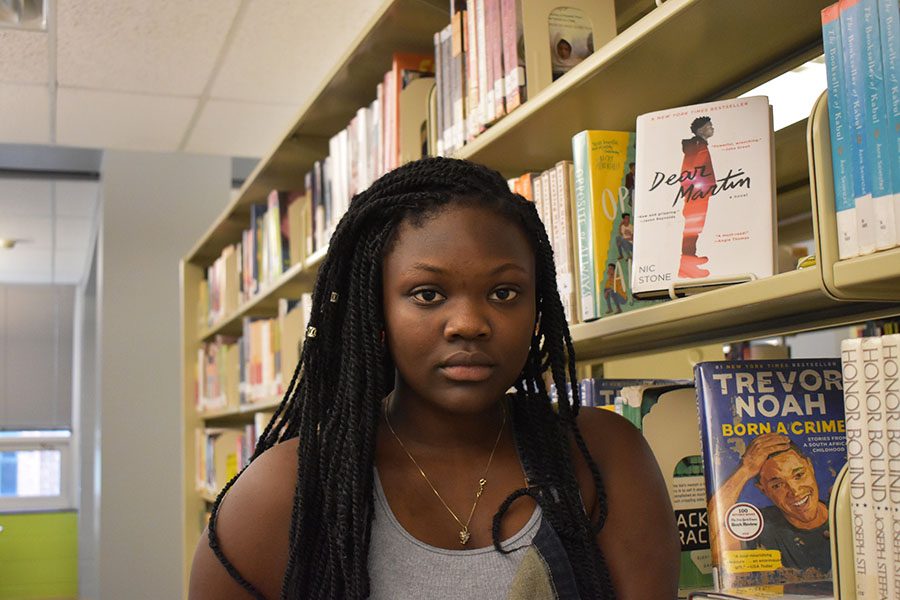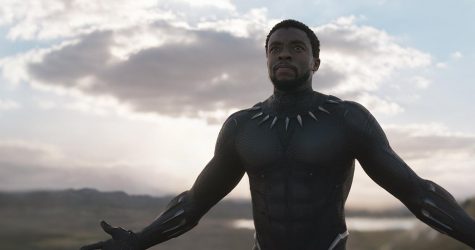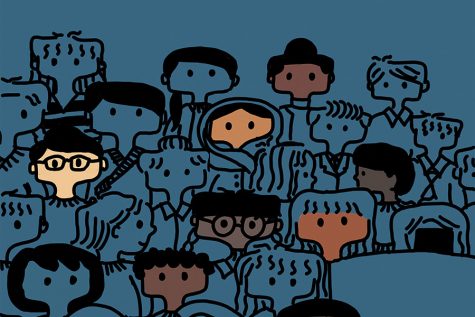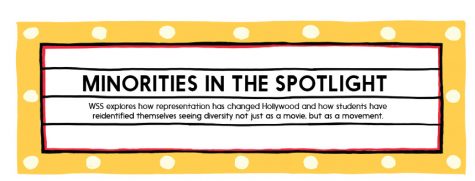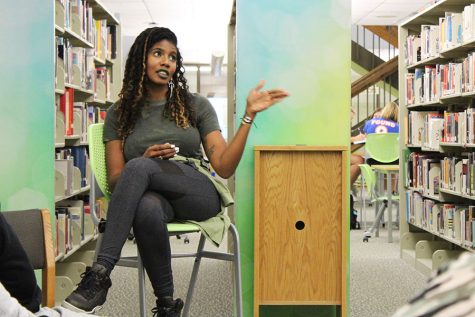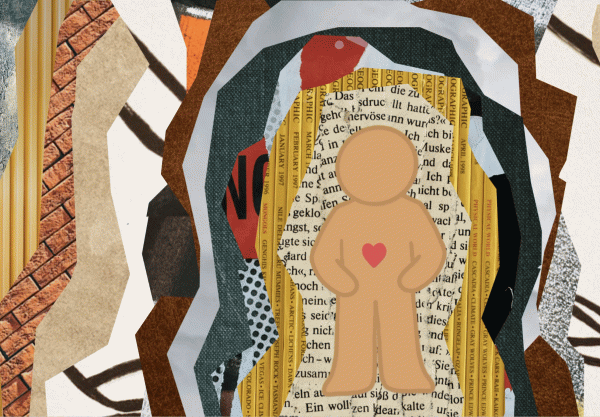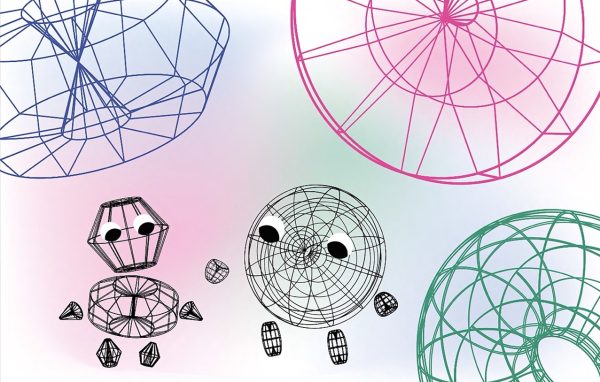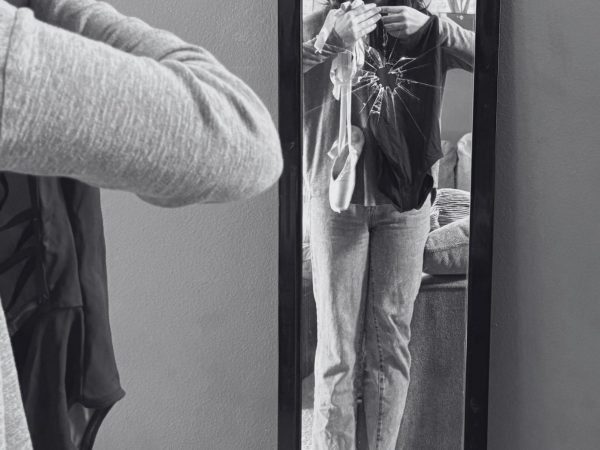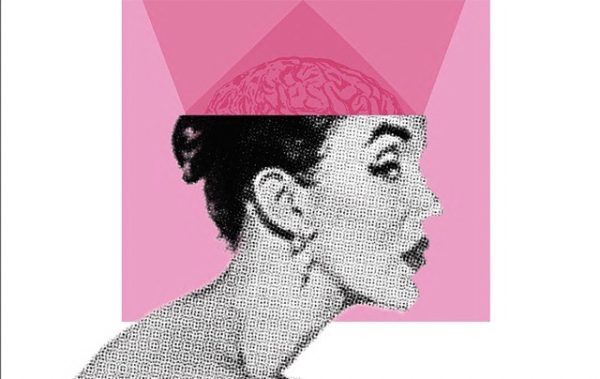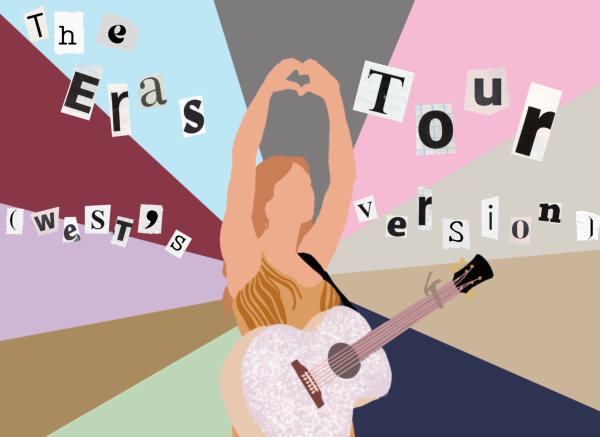Why representation in media is a necessity
Reporter Mariam Keita ’22 discusses the importance of diversity in films and books.
Mariam Keita ’22 discusses the recent improvements in representation of minority groups in the media and in books.
You walk into the movie theater and the smell of buttery popcorn fills the air; shushes and whispers fill your ears as you take your seat. The trailers finish and finally, the movie begins. You look up to the screen, it’s a minority, a person who looks like you. Not as a gangster, thug, or drug dealer, but as a human being with depth.
Representation of minorities in media has been a trend in the last few years. At West High, the librarians have strategically included diversity and minorities in the displayed library books. Last school year, West librarians held multiple events aimed toward representing many races and ethnicities. They offered an opportunity for students – especially minorities – to see themselves in the books and films they watch, portrayed in a humane and relatable way.
You look up to the screen, it’s a minority, a person who looks like you. Not as a gangster, thug, or drug dealer, but as a human being with depth.
— Mariam Keita '22
During the 2018-19 school year, These Books are Lit, the library book club has aimed at including representation and diversity for its students, giving an excellent opportunity for students to talk and learn about different experiences. “Dear Martin” and “Poet X” were the main focuses in recent years’ book club. Dear Martin’s author, Nic Stone, came to visit West and discussed the challenges minorities face in America with students. The library also hosted a movie screening of “The Hate U Give,” a film about police brutality and the Black Lives Matter movement at the Marcus Theater. It was a memorable experience for the students and librarians, with 145 students and teachers showing up, filling the theater seats with popcorn and laughter.
This school year, the library is planning to continue the book club. The club expects to host Justin A. Reynolds a guest author whose novel “Opposite of Always” released this past spring. He is expected to visit West in February. The first book the club is dissecting is Samira Ahmed’s “Internment” a story about Muslim concentration camps. The book club plans to meet after school in the library on October 16 to discuss the novel. These Books are Lit talks about more than just the story and theme, it shares experiences and stories of the club members. There is a shortage of Latino, Black, and Asian stars in our books and films and telling a variety of stories and experiences educates those who aren’t exposed to the race, religion, ethnicity, or sexuality of the particular person portrayed in the story.
In the last few years, Hollywood has been criticized for lack of representation in films and shows. However, last year Hollywood released movies that broadcast a range of cultures and races, such as “Crazy Rich Asians,” “Black Panther” and “Get Out” which cumulatively grossed billions of dollars in the box office, receiving multiple awards and nominations. “Black Panther” globally grossed over 1.2 billion dollars culminating more than 20 awards and reaching No.5 for most grossed of all time, “Get Out” grossed $255 million dollars globally, and “Crazy Rich Asians” $ 238.5 million dollars. It’s clear evidence that minorities want representation in the films, they want inclusion representation and advocacy for different races and ethnicities. It’s educational for the audience and gives the chance for minorities to see themselves represented. Children who see women as doctors and a black man as a judge or lawyer gives them hope and a spark that it’s possible to be great rather than being portrayed as a basic stereotype. To rise above and be something for themselves and not live based on the stereotypes that are placed on them since birth.
Children who see women as doctors and a black man as a judge or lawyer gives them hope and a spark that it’s possible to be great rather than being portrayed as a basic stereotype. To rise above and be something for themselves and not live based on the stereotypes that are placed on them since birth.
— Mariam Keita '22
Disney movies have also started casting more diverse actors in their movies. They cast Halle Bailey, a black teen who is known for her role in Freeform’s “Grownish” and half of the pop group Chloe X Halle, as Ariel in the upcoming “Little Mermaid” remake. However many fans and audience members criticized the fact that Ariel was black instead of the white, blue-eyed girl originally portrayed in the 1989 film. #NotmyAriel was quickly trending on Twitter, but despite the hate, Disney defended their casting decision stating “Ariel…is a mermaid” and a fictional character, and even though Ariel is Danish, the network stated that black people can be Danish and genetically have red hair. Disney’s response to the hate showed support for minorities and the fact that they are willing to change and face backlash for casting a minority as a lead role.
Hollywood has finally understood that diversity improves their ratings and it’s good for business, the troubling issue with casting minorities for originally white characters or women for male characters, is the fact that this doesn’t allow Hollywood to branch out and use creativity to make other films, particularly about minority groups. Hollywood now has a tendency to remake old films and cast minorities as the lead role, when there are several minority directors that have the ability to make new films and shows that broadcast better content. More diverse directors, producers, and writers are what’s needed not old films with a minority lead.
Hollywood has finally understood that diversity improves their ratings and it’s good for business
— Mariam Keita
Other incidents of Hollywood’s lack of representation is a process called “whitewashing”. Directors hire white actors to play a non-white character in a film or show. The fact that books and comics that include minorities and a diverse character set as main characters, but are cast with white actors points to institutionalized racism.
Films such as Aloha, where the character is stated as having a mother of Swedish descent and a father of half Native Hawaiian and half Chinese descent include a white actress Emma Stone playing the main character. Who later apologized stating, “ I’ve learned on a macro level about the insane history of whitewashing in Hollywood and how prevalent the problem truly is. It’s ignited a conversation that’s very important.”
Eliminating whitewashed films is an obligation to minorities it doesn’t allow them and other ethnicities to be represented in films that they watch every day.
Media has a large influence on how we view people, particularly minorities. Sadly, many media outlets offer a distorted and stereotypical version of minorities lives and reality. Statistics have shown that black males are portrayed in a negative light, over 53% of black Americans feel that black characters are often stereotyped. This causes other people to view them the way they are portrayed in the media which usually over stereotypical. Over 55% of minorities expressed that it was difficult as a child to find characters that looked liked them. Even simple stereotypes in films and books can affect everyday life, how you view a classmate or a teacher even the way you view yourself. Media representation is a large part of our culture today, and the lack of it for all people shouldn’t be taken lightly.
Even though Hollywood and book publications have released more minority representation in their books and films in recent years, the opportunity needs to be given to more minorities. Allowing people of all backgrounds a chance to express their own personal story. Representation is needed for all ethnic backgrounds, gender, racial types, and sexuality. A new report from the Directors Guild of America states that women make up 16% of directors and only 10% for directors of color. Hollywood hiring more women and people of color opens up an opportunity for minorities to connect with the films and have a personal appreciation for that particular film or book. Representation brings awareness, connections, and pride. Humans needs representation in every aspect in life so why is it taking so long to give the people what they want.
Your donation will support the student journalists of West High School. Your contribution will allow us to purchase Scholarship Yearbooks, newsroom equipment and cover our annual website hosting costs.
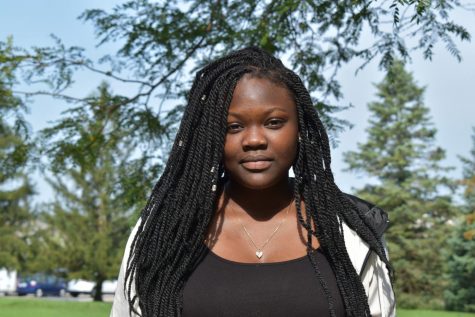
Mariam Keita is a sophomore here at West. Mariam will be an online reporter on staff. She likes to hang out with friends, listen to music, and scroll for...



